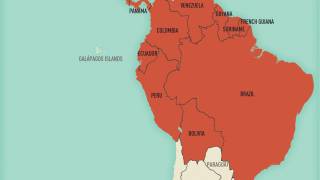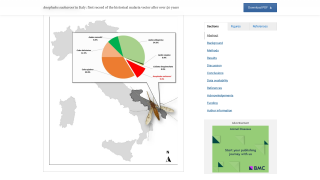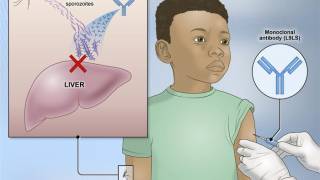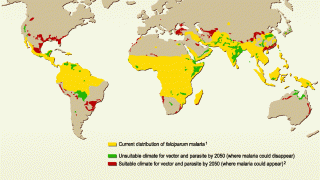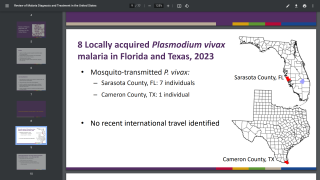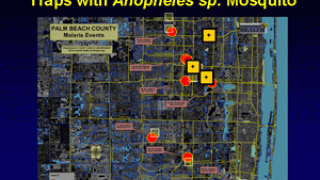Innovative Malaria Vaccine Offers Travelers Much Needed Protection

In early October 2021, the World Health Organization (WHO) endorsed the first-ever vaccine against malaria, a parasitic disease transmitted by the bite of an infective female Anopheles mosquito.
This achievement is the product of 30 years of research and development.
It is the first against malaria, and the first for any human parasitic disease stated an article recently published by Johns Hopkins Malaria Research Institute.
This WHO endorsement was important since malaria is a significant cause of illness and death in sub-Saharan Africa.
While rare in the developed world, malaria kills more than 400,000 people annually, most of them children in sub-Saharan Africa.
And every year, millions of US residents travel to countries where malaria is present. About 2,000 cases of malaria are diagnosed in the United States annually, mostly in returned travelers, says the U.S. CDC.
Recently, the CDC issued a Travel Advisory confirming a malaria epidemic in Burundi, a country in central Africa.
The new vaccine, known as Mosquirix (RTSS/AS01e), is manufactured by GlaxoSmithKline (GSK) and targets the infective stage of Plasmodium falciparum, the deadliest of five malaria strains and the one responsible for the vast majority of deaths due to malaria.
The malaria vaccine was designed to prevent parasites from infecting the liver, entering the bloodstream, infecting red blood cells, leading to disease symptoms.
It induces antibodies to the major surface protein of the sporozoite—that is, the infectious stage of the malaria parasite transmitted by the mosquito's bite—using a piece of that protein made into a particle by fusing it to the surface antigen of the hepatitis B virus.
The particles are created because they are better than the protein alone at provoking an immune response.
This vaccine is administered in combination with an adjuvant, which enhances the production of antibodies.
The WHO recommends that children five months and older receive the Mosquirix vaccine in a four-dose schedule.
However, Mosquirix does not provide complete protection against malaria caused by P. falciparum.
Mosquirix has about a 50% efficacy rate during the first year, falling to almost zero by the fourth year after vaccination.
Nevertheless, public health officials see it as an advance that will impact curbing the hundreds of thousands of childhood illnesses and deaths caused by this parasite.
To learn more about the global implications of this new, first-generation malaria vaccine, the Hub spoke to Photini Sinnis, deputy director of the Johns Hopkins Malaria Research Institute and professor of molecular microbiology and immunology at the Bloomberg School of Public Health.
This interview is excerpted below:
If you are not immune, including children in endemic areas, travelers, and the military, malaria can cause severe disease, resulting in death about 10% to 20% of the time if not quickly identified and treated.
Importantly, immunity requires sustained, multiple exposures meaning that you can get it again.
Children often get it two or three times during a transmission season over many years until they've built sufficient immunity to protect them from clinical disease.
Why did it take so long to develop a malaria vaccine?
Many drugs and vaccines take a long time to come to market, but this took even longer for a few reasons.
There were some safety concerns after the Phase III trial due to a minimal increase in the incidence of bacterial meningitis in vaccinated children, and there was concern about the feasibility of rolling out the vaccine in sub-Saharan Africa while still preserving other approaches, such as the use of insecticide-treated bed nets and rapid diagnostic tests followed by treatment.
For these reasons, additional pilot studies were conducted in Ghana, Kenya, and Malawi, where the vaccine was studied in large geographic areas.
Data from these pilot studies demonstrated the Mosquirix vaccine’s safety and the feasibility of administering it as part of the routine childhood immunization schedule.
The full article is available at this Johns Hopkins link.
Vax-Before-Travel publishes fact-check, research-based travel vaccine news.
Our Trust Standards: Medical Advisory Committee











